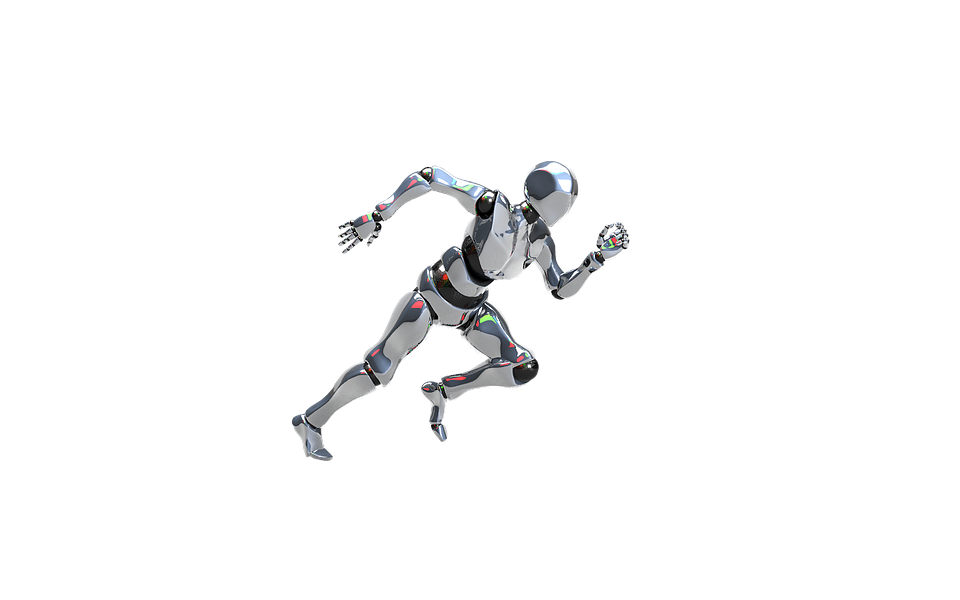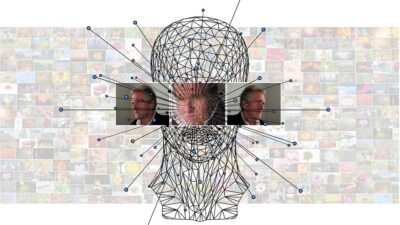Artificial Intelligence (AI) has rapidly evolved from a niche technology to a cornerstone of modern society. Its applications range from everyday conveniences like virtual assistants and recommendation systems to more consequential areas such as healthcare, law enforcement, and autonomous vehicles. As AI becomes further integrated into the fabric of our lives, it presents a unique set of ethical dilemmas that society must navigate carefully. This article explores these dilemmas and proposes frameworks for responsible AI development and application.
Understanding AI’s Impact
AI systems have the capacity to analyze vast amounts of data, uncover patterns, and make decisions—often more quickly and accurately than humans. However, this very capability raises ethical questions around fairness, transparency, accountability, and autonomy.
1. Fairness and Bias
AI systems are only as good as the data they are trained on. Historical biases embedded in data can lead to discriminatory outcomes in AI applications. For example, biased algorithms in hiring processes can perpetuate inequality by favoring certain demographic groups over others.
2. Transparency and Explainability
Many AI algorithms operate as "black boxes," providing little insight into how decisions are made. This lack of transparency can erode public trust, especially in high-stakes settings such as criminal justice, where AI algorithms might aid in sentencing or parole decisions. The ethical dilemma here revolves around the need for transparency versus the complexities of the algorithms involved.
3. Accountability
When an AI system makes a mistake—such as misdiagnosing a medical condition or misidentifying a criminal suspect—who is responsible? Is it the developer, the data provider, or the organization that deployed the AI? The ambiguity surrounding accountability raises urgent ethical questions and complicates legal frameworks.
4. Autonomy and Decision-Making
As AI systems become more autonomous, concerns about human oversight grow. Relying on AI for critical decisions could undermine human agency and responsibility. The ethical dilemma emerges when balancing the benefits of automation with the need for human intervention.
The Role of Regulation and Guidelines
Navigating these ethical dilemmas requires robust regulatory frameworks and ethical guidelines. Several approaches can be taken to promote responsible AI development:
1. Developing Ethical AI Principles
Organizations should establish ethical guidelines that prioritize fairness, accountability, and transparency. Involving diverse stakeholders, including ethicists, technologists, and representatives from affected communities, can help set these principles.
2. Implementing Bias Audits
Regular auditing of AI systems for bias can identify discriminatory practices and mitigate risks. These audits should analyze not just outputs but also the data and algorithms driving AI decision-making.
3. Ensuring Explainability
Developing methods to improve the explainability of AI systems can help users understand how decisions are made. These methods can range from simpler models to post-hoc explanations that clarify the reasoning behind AI outputs.
4. Enforcing Accountability Measures
Legal frameworks must evolve to clarify accountability in AI decision-making. This might involve establishing liability rules that specify who is responsible when AI systems cause harm or make erroneous decisions.
5. Promoting Human-in-the-Loop Systems
Incorporating human oversight in AI decision-making processes can address concerns about autonomy and ensure that ethical considerations are taken into account. Human-in-the-loop systems allow for collaboration between AI technology and human judgment, facilitating more responsible outcomes.
The Larger Conversation
The ethical dilemmas surrounding AI are not just technological challenges; they are deeply intertwined with societal values and norms. Addressing these dilemmas requires an ongoing conversation that includes technologists, ethicists, policymakers, and the general public.
As we navigate the complexities of integrating AI into society, we must prioritize ethical considerations to ensure that technology serves humanity instead of undermining it. The future of AI holds immense promise, but with that promise comes the responsibility to create a just and equitable framework for its use.
In summary, AI’s role in society is a double-edged sword, offering both unprecedented opportunities and troubling ethical dilemmas. Approaching these issues with a focus on fairness, transparency, and accountability will be crucial for harnessing the transformative power of AI while safeguarding our ethical landscape.



